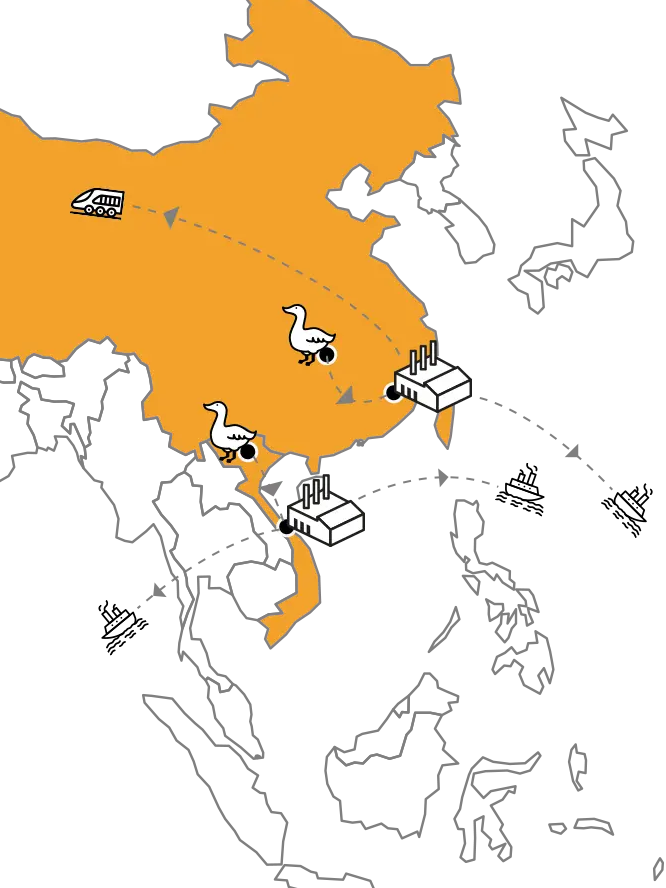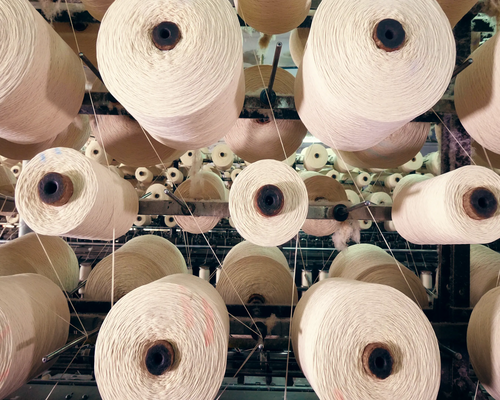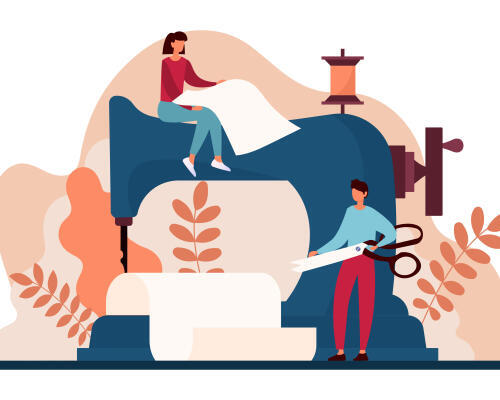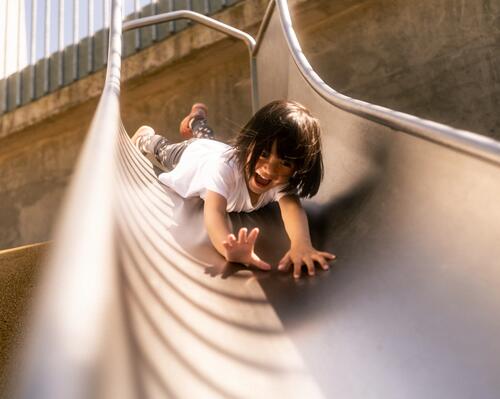RDS certification: definition
RDS is a global standard, issued by an independent body to brands that voluntarily choose to certify their products. The standard, which was initiated by Textile Exchange - a non-profit trade organization - was developed over a period of 3 years with the input of industry experts, animal rights groups, brands and retailers.
What are the key points in the RDS certification? :
Any removal of down and feathers from live birds (live-plucking or moult-harvesting) is prohibited.
- Force-feeding is prohibited.
- Holistic respect for animal welfare of the birds from hatching to slaughter.
- The animals have access to both indoor and outdoor spaces that are sufficiently large, comfortable and hygienic to ensure their well-being.
- Each stage in the supply chain is audited by a professional, third party certification body.
- RDS down and feathers must be clearly identifiable so they are not confused with other non-certified materials.
- Only products made from 100% certified down and feathers carry the RDS logo.











